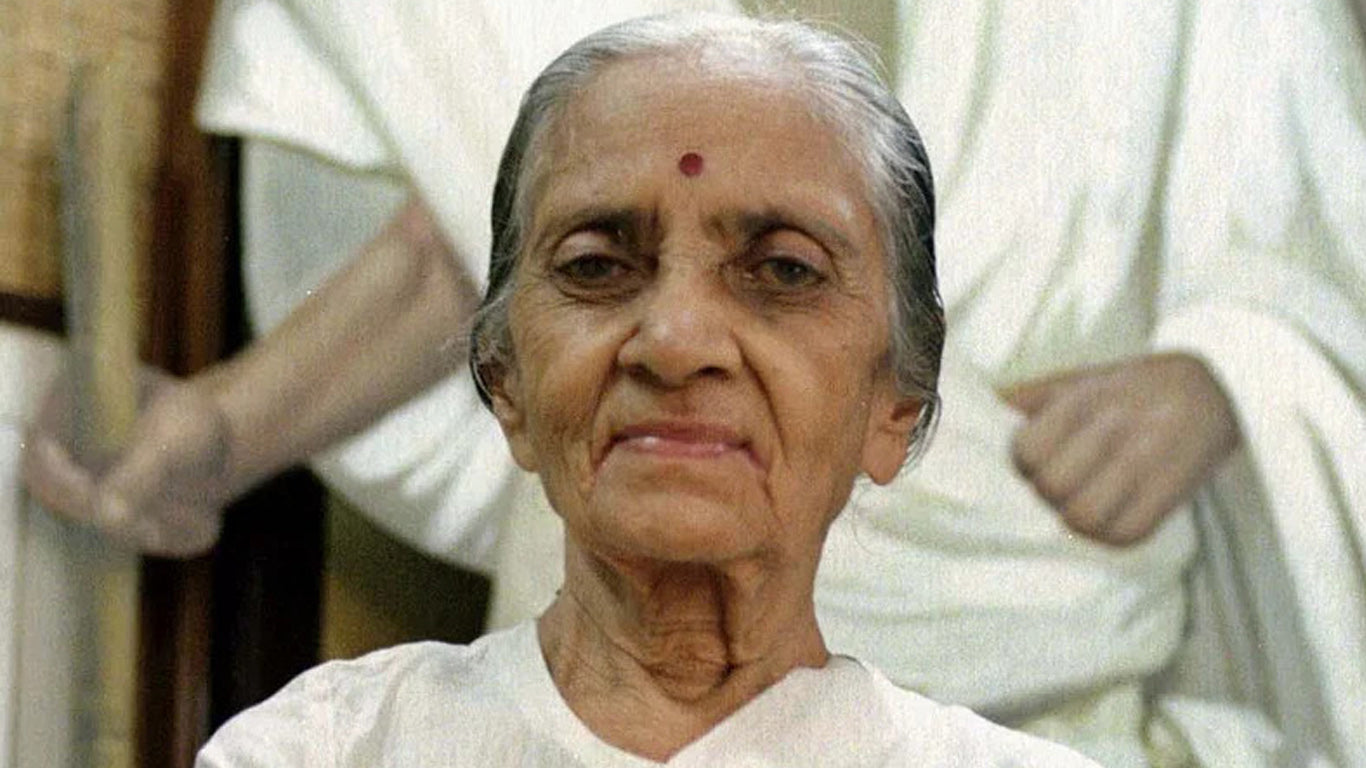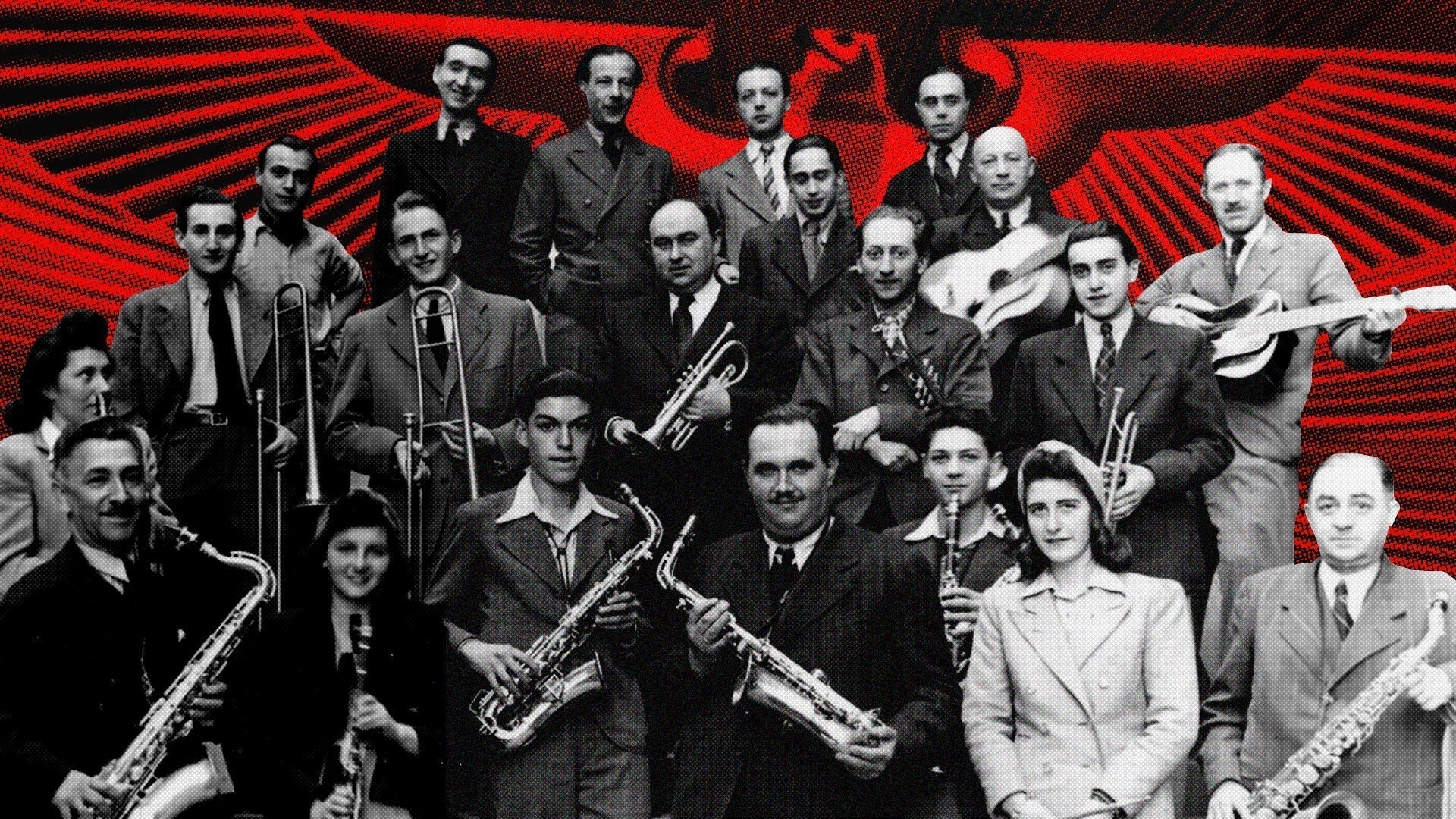The RJ Who Led A Secret Radio Station In India's Freedom Struggle Usha Mehta

"Here is a mantra, a short one, that I give to you. You may imprint it on your hearts and let every breath of yours give expression to it. The mantra is 'Do or Die.' We shall either free India or die in the attempt."
These words from Gandhi's famous "Quit India" speech have inspired millions of Indians and probably continue to do so. But one particular Indian woman was so moved by this speech that it inspired her to start an underground radio station to amplify Gandhi's message and ignite that same spark within other people.
With the press gagged and the news banned, Usha Mehta, a political science student at Wilson College in Mumbai at the time, recalled reading about the historical support movements received from radio stations. She understood that the broadcasts might draw interest from nations besides India.
"This is the Congress Radio calling on 42.34 meters from somewhere in India," this is how every broadcast on the underground radio would begin. Mehta, who was only 22 at the time, secured a ghost transmitter and started spreading messages of rebellion that the existing All India Radio failed to deliver.
"When the newspapers dared not touch upon certain subjects under the prevailing conditions, it was only the Congress Radio which could defy the orders and tell the people what actually was happening," Mehta said.
Mehta and others persisted in disseminating information, making patriotic speeches, and making appeals to the people despite the constant risk of being tracked down and pursued by police vehicles. She sent communications from all around the nation; relaying information from the All India Congress Committee.
Even when the police ultimately came knocking at their door while they were about to end their broadcast by playing "Vande Mataram," Mehta asked everyone to leave but continued to play the song until eventually 50 officers broke down the door and stormed inside to arrest her.

Once arrested, she was subjected to "real mental torture". She was even offered to be sent abroad to study if she would turn in more people. However, her determination had never wavered, and she refused to oblige until the end.
Read more: How Chicago Radio Marked Several Milestones In Indian History






Comments